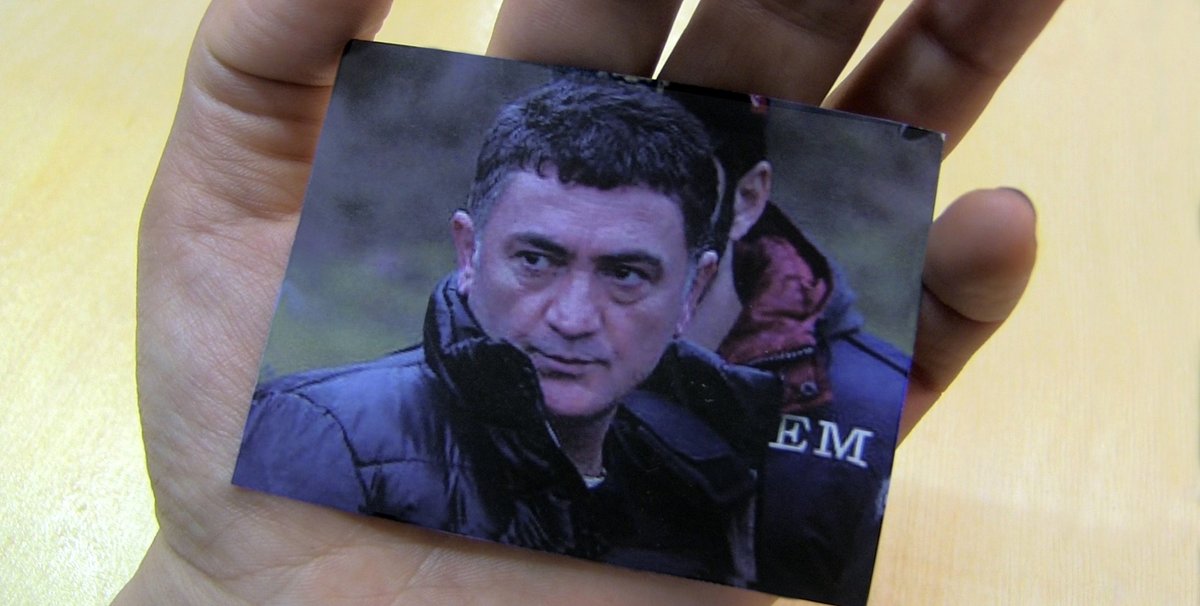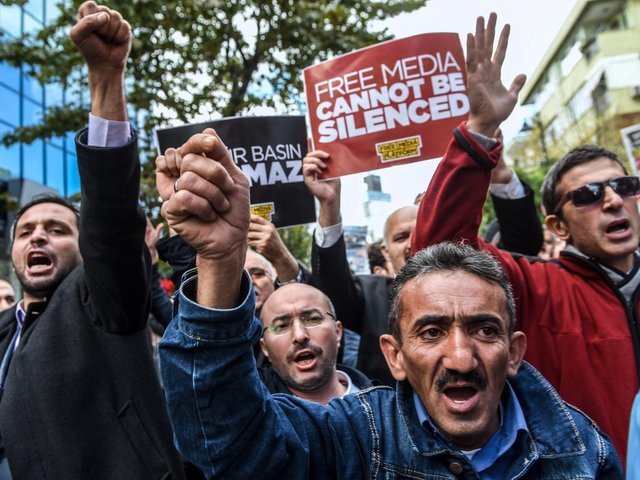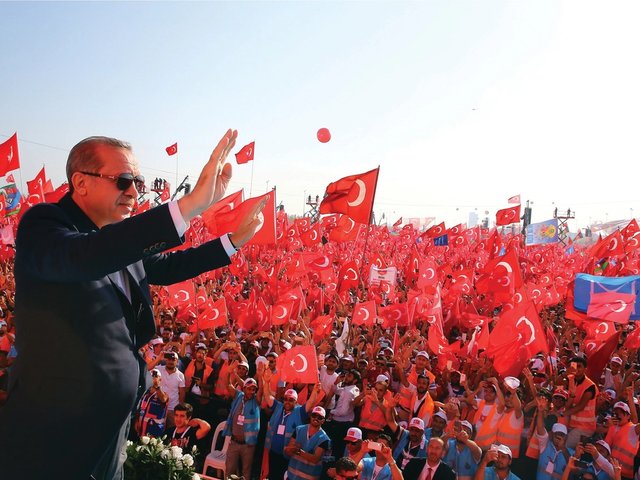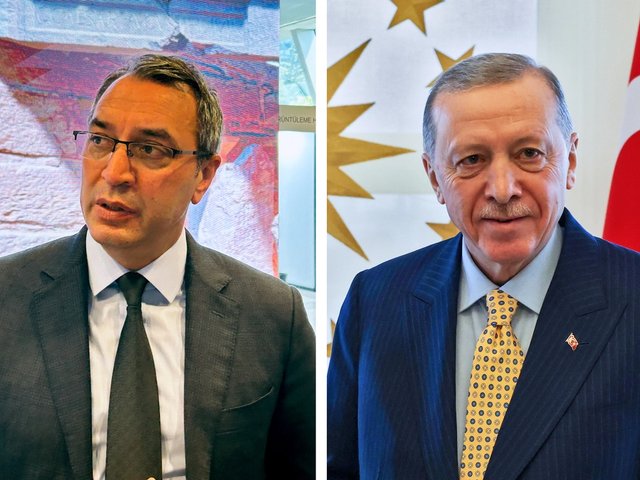A Turkish art exhibition has been granted “asylum” in Germany after it was cancelled in Turkey in early 2016. Post-Peace, on show at the Württemberger Kunstverein (WKV) in Stuttgart since 25 February (until 7 May), includes a work by the Turkish artist Belit Sağ, which, according to the organisers, was the reason the show was stopped at the last minute in Istanbul.
Hans Christ, one of the WKV’s two directors, told German Deutschlandradio that the cancellation was “a clear act of political censorship”. Sağ’s video called Ayhan and Me focuses on a man confessing that he was part of an unofficial paramilitary wing of the Turkish Security Forces, which were active in mass executions of the Kurdish population in the 1990s.
The show was initially due to go on show in 2016 at the exhibition space of the Turkish financial institution Akbank as part of its International Curator Competition. Christ was among the jury members who chose the curator Katia Krupennikova as the winner of the competition. However, only days before the opening of her show, Akbank Sanat, the bank’s cultural arm, canceled the exhibition citing the bomb attack in Ankara in March in which 37 people were killed. But concerts were still taking place at the venue, according to Christ. Akbank Sanat did not reply to a comment request from The Art Newspaper.
Artists from Russia, the Netherlands, Palestine and Turkey are part of the show, that deals with “relationships between war and peace”. The Istanbul-based artist Köken Ergun says: “We need these kinds of support structures in the international art world more than ever.” In Stuttgart, he is showing the video The Flag, which revolves around national day ceremonies in his native land.
Country fellow Pinar Ögrenci is screening Erika and The Night, a film following an elderly woman speaking about how large parts of her town Nuremberg, Germany, were destroyed during the Second World War. In Turkey, Ögrenci has been accused of terrorism and faces up to 18 years in prison for participating in a peace march. “The country has become very dangerous,” says Ögrenci, who still lives in Turkey. The court case against her is ongoing.
Several artists were planning to travel to Stuttgart for the opening of the WKV show and an accompanying seminar where “in addition to the case of the Post-Peace exhibition in Istanbul, as well as the special situation in Turkey, other examples of censorship will be discussed,” according to a statement. Ögrenci hopes that exhibitions such as the Istanbul Biennale will bring foreign artists to Turkey as well.
According to Ergun, censorship might become an issue elsewhere too. “Today it is Turkey, tomorrow it might be France, Germany or the US that will need this kind of solidarity,“ he says, adding: “It took Erdoğan 10 years to ban certain media outlets from his press meetings, but Trump did it in his first month.”





